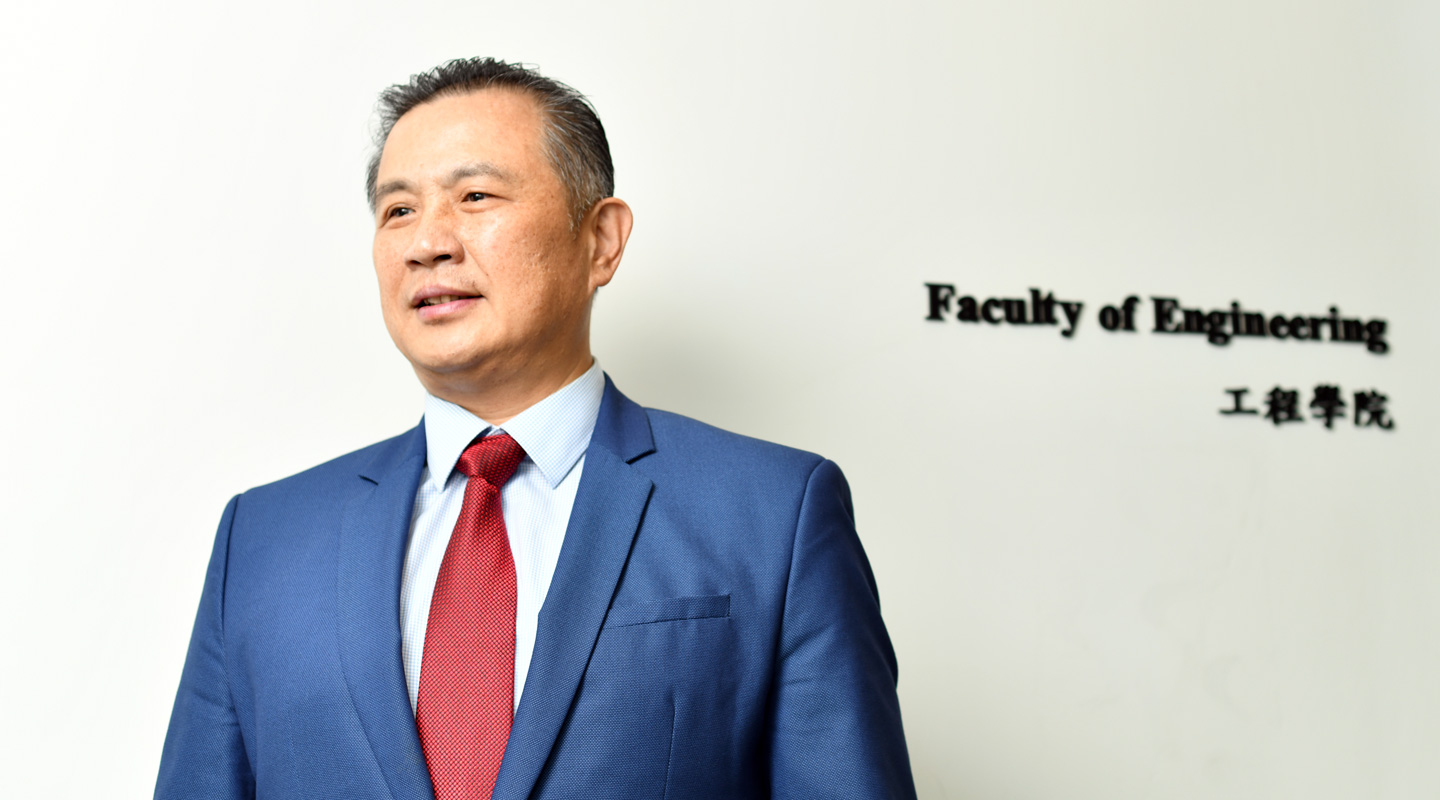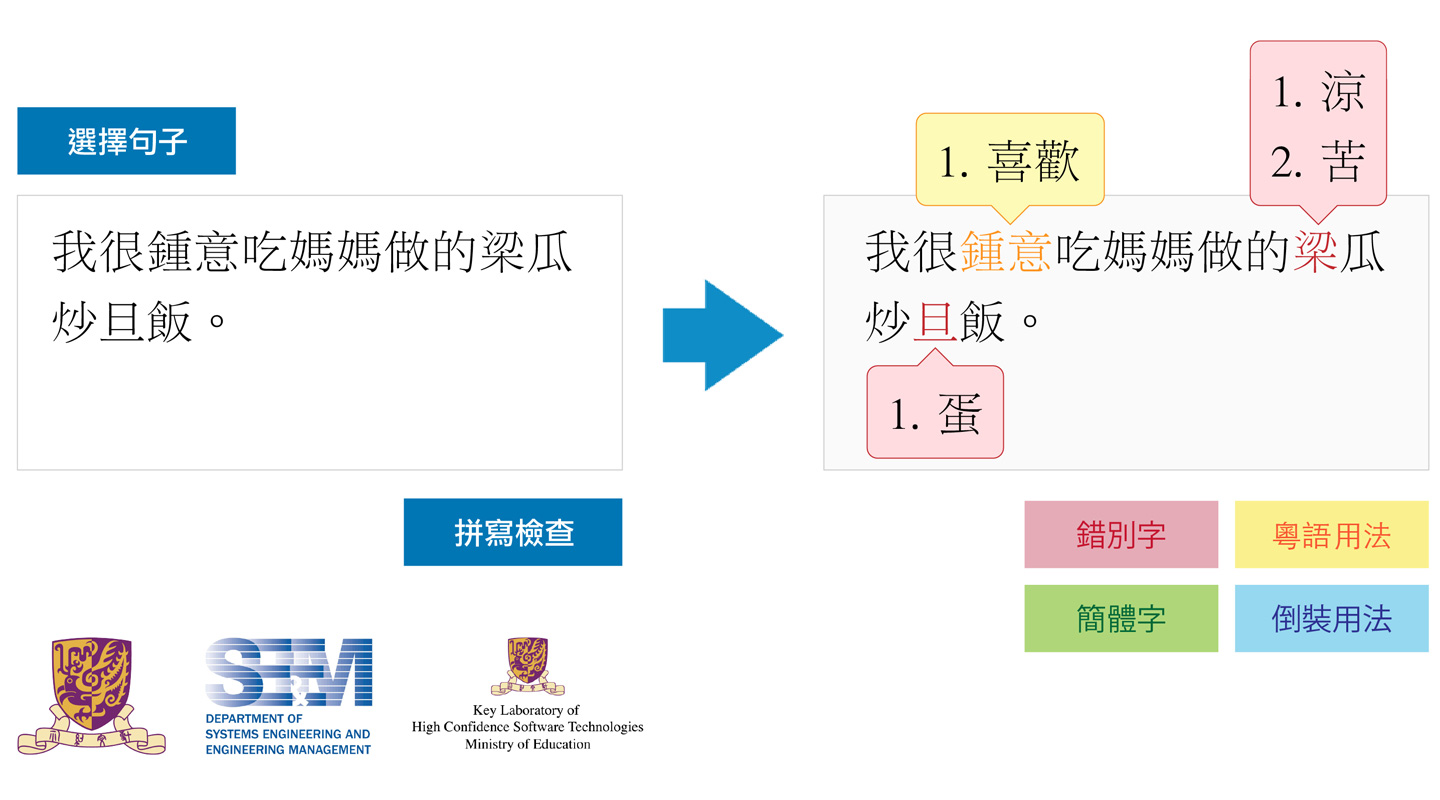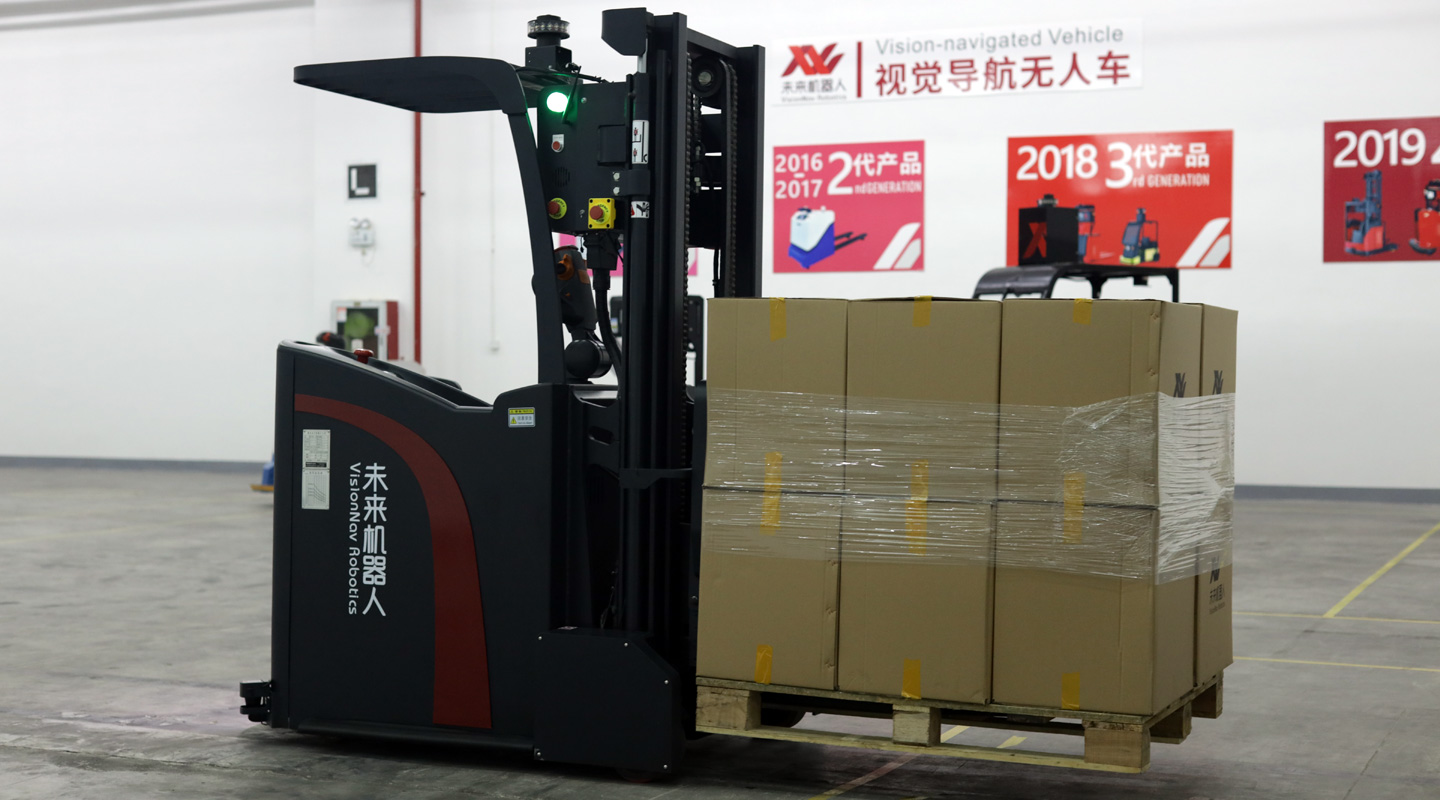Dear readers, With the launch of e-newsletter CUHK in Focus, CUHKUPDates has retired and this site will no longer be updated. To stay abreast of the University’s latest news, please go to https://focus.cuhk.edu.hk. Thank you.
AI in All Walks of Life

The perception of artificial intelligence (AI) is varied, as shown in popular movies. For R2-D2 in Star Wars, T-800 in The Terminator, and the eponymous hero in Wall-E, AI is personified by a robot which has cognitive ability and identity. When it comes to J.A.R.V.I.S. in Iron Man, which is the hero’s servant and council, AI takes the shape of a virtual system.
With so many things and products given the tag ‘AI,’ how can we know what AI truly means? In 1950, Alan Turing proposed his now-famous ‘Turing Test’: A machine could be classified as AI if it could talk with a human without it being recognized as a non-human entity. The definition of AI, however, has continued to evolve with technological advancement. Prof. Irwin King of the Department of Computer Science and Engineering proposed a new definition: ‘AI has the capability to learn and improve, and can adapt to the users’ needs.’ For example, the more facial pictures are input into a deep-learning network, the higher its facial recognition accuracy will become. It can even distinguish the age, ethnicity, and emotion of a subject. As such, a fuzzy logic fan is ‘smart’ instead of ‘AI’, although it can adjust its speed as the temperature changes.
In view of the increasingly high demand for AI professionals in local and even global employment markets, the Department of Computer Science and Engineering has launched an undergraduate programme in Artificial Intelligence: Systems and Technologies (AIST) this year. The Hong Kong government has formulated policies to promote the development of innovative technologies, including plans for the expansion of the Science Park in Tseung Kwan O Industrial Estate and the establishment of HK-Shenzhen Innovation and Technology Park in Lok Ma Chau Loop. It is expected that 50,000 jobs will be created. Professor King pointed out that the new programme addresses the needs of society on the strengths of the Faculty of Engineering. From the studies of statistics, machine learning and algorithm design, students could learn to construct an entire AI system step by step.
Based on their interests and career goals, students may choose a specialized stream from four options: Biomedical Intelligence, Intelligent Multimedia Processing, Large-scale Artificial Intelligence Theory and Systems, and Intelligent Manufacturing and Robotics. Professor King said, ‘The programme offers four specialized streams, one theoretical and three application-oriented. Like building a house, it starts from the foundation. “Large-scale Artificial Intelligence Theory and Systems” is the foundation.’
Biomedical Intelligence is one of the application-oriented specialized streams. Genomic research has gained currency in recent years. Algorithms could be applied to a large database of genetic information to explore the relationship between a gene and some diseases. If it is found that a particular gene is a risk factor for a cancer, a person carrying that gene may be advised to adjust her lifestyle to reduce the cancer risk.
In addition to facial recognition, ‘Intelligent Multimedia Processing’ covers driverless cars, medical imaging, and speech and audio processing. Take ‘Automatic Colloquialism and Typo Detection System for Chinese Language’ as an example. The research team led by Prof. Wong Kam-fai of the Department of Systems Engineering and Engineering Management developed the system which can ‘learn’ from the Chinese compositions of senior secondary students and feed on the content of textbooks and dictionaries. When a secondary or primary school student uses the system on her compositions, the system can identify the typos or misused words. It can also differentiate between the simplified Chinese characters and the traditional characters.

‘Intelligent Manufacturing and Robotics’ applies AI in mechanics, one such product being the robots for transporting goods. The team led by Prof. Liu Yun-hui of the Department of Mechanical and Automation Engineering has developed a self-piloted forklift truck. Its AI system will analyse the floor plans and pictures of the warehouse and devise the route the autonomous truck takes to transport the goods.

Although most AI applications have only functionality in one particular area, unlike the versatile J.A.R.V.I.S., they are making the lives of many easier. AI will proliferate like the Internet and the e-mails born at the end of the last century in all walks of life to change many ways of working and living.
M. Mak
This article was originally published in No. 542, Newsletter in Sep 2019.